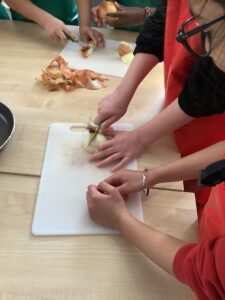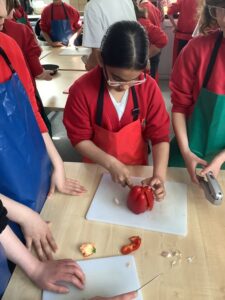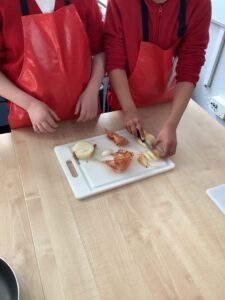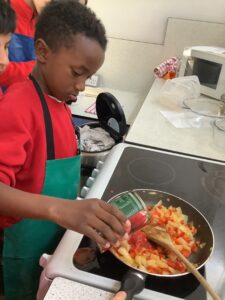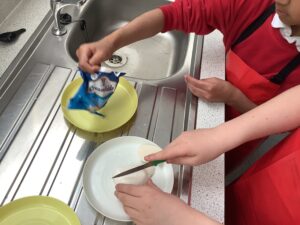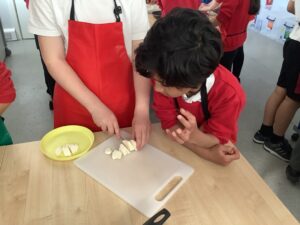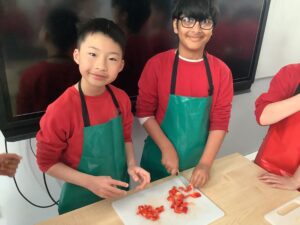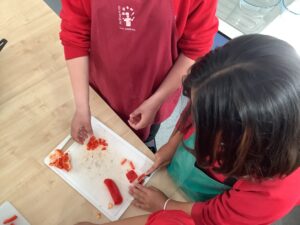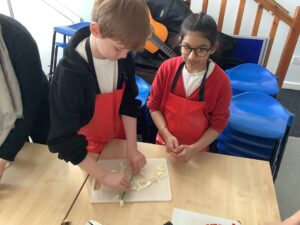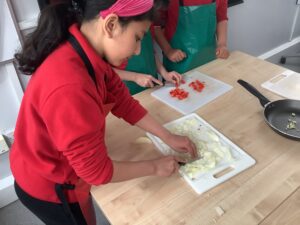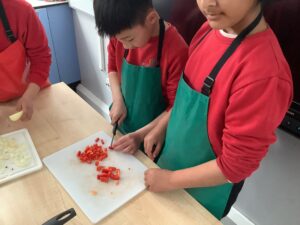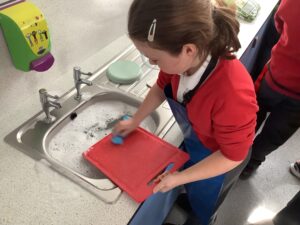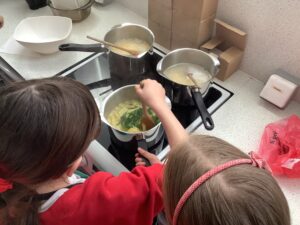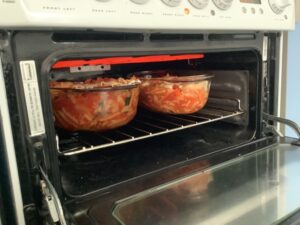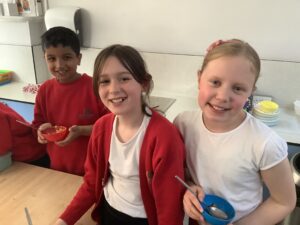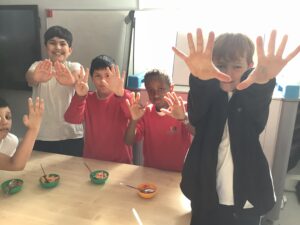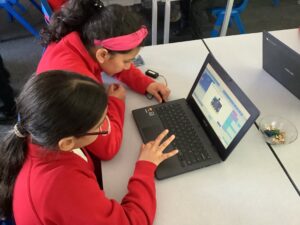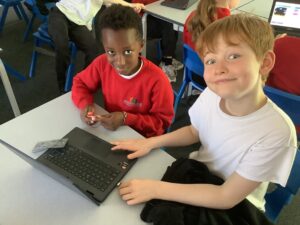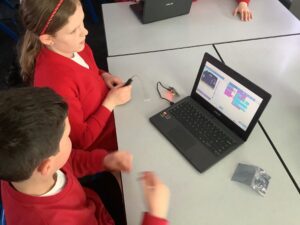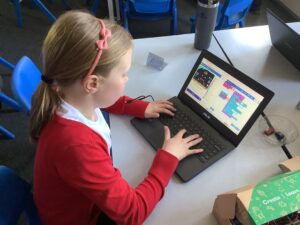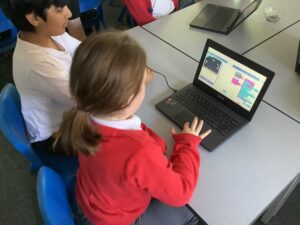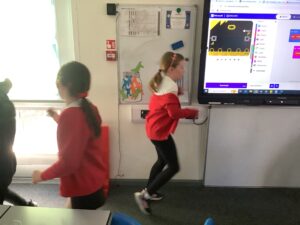In Living and Learning, the children discussed and defined ‘a compliment’ as “giving someone praise in a respectful way”. We then went on to give ourselves a compliment, others a compliment and also talked about how it makes us feel when we are given a compliment. Some of our emotions included: being happy; feeling embarrassed; being proud; feeling appreciated and validated.
Year 5 also gave out anonymous compliments to their peers in class. The children really thought about why each person is special to them. It was lovely to read these out in class!
Here are some of the things the children complimented themselves on:
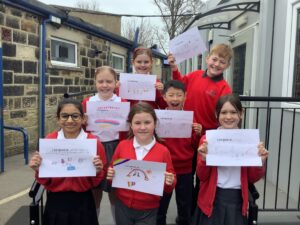
Help at home: Why not go around the dinner table tonight and give each other compliments?
